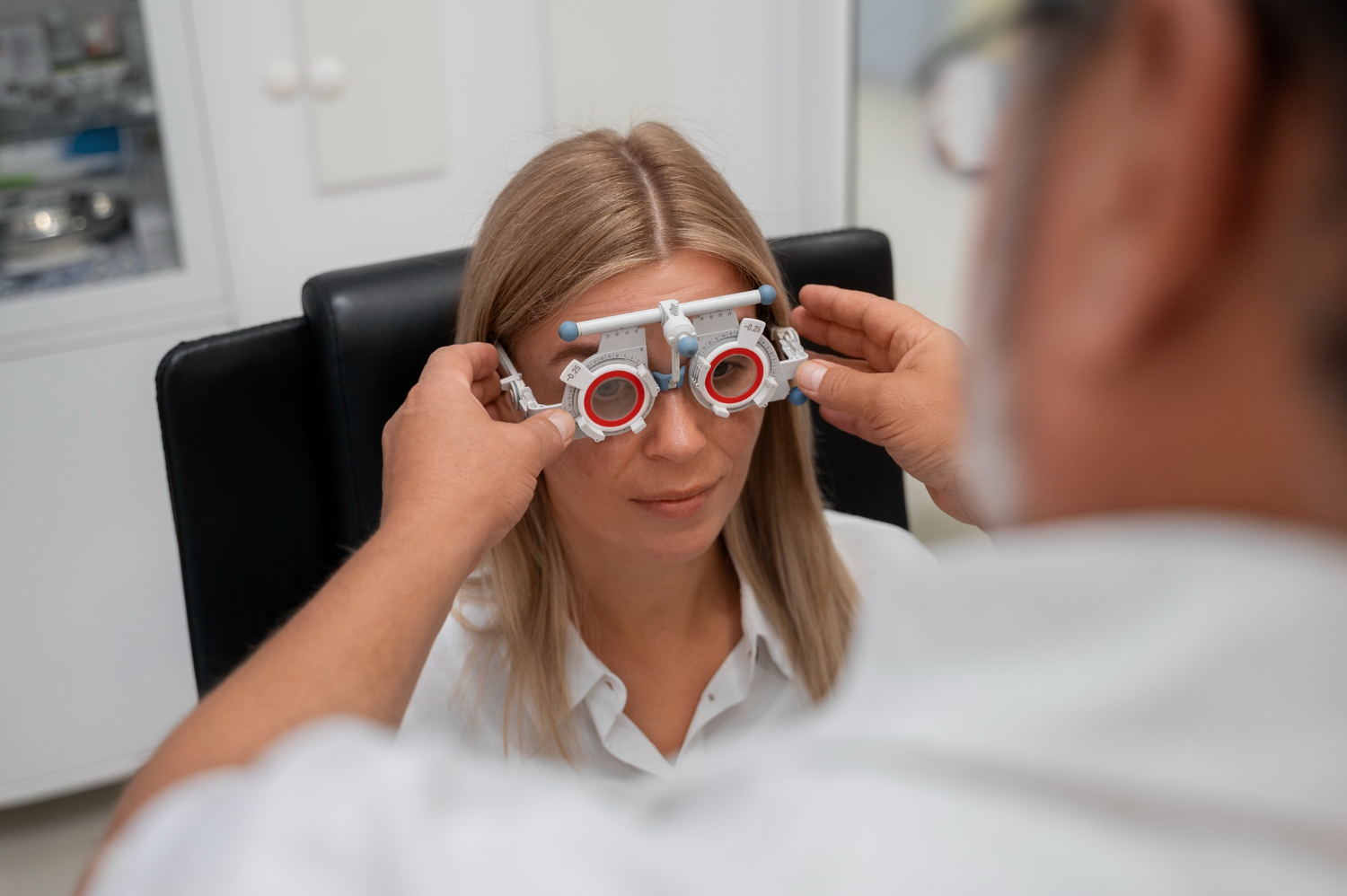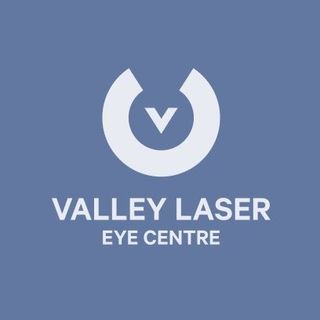Vision problems affect 12 million Americans aged 40 and up. Thankfully, there are now more modern procedures that can improve your vision and make you look younger. An example of this is Refractive Lens Exchange (RLE) surgery.
Read on to discover everything to know about RLE surgery today.
Understanding the Essence of Refractive Lens Exchange Surgery
Now, it is time to understand the essence of Refractive Lens Exchange (RLE) surgery. During this process, the native lens of the eye is replaced with a synthetic lens. This is occasionally required due to an age-related condition. This explains that, over time, we can lose our eyes’ ability to focus.
Presbyopia is the medical term for this condition. For this, laser vision correction does not always work.
RLY is comparable to cataract surgery. Refractive lens replacement is often done for people who do not have cataracts.
Moreover, the RLE procedure has no effect on corneal thickness. A thicker cornea can also be a leading cause of a myriad of eye issues.
What Patients Can Get from RLE Surgery
There are several advantages to replacing your refractive lenses. Through this, patients are known to achieve improved eyesight without the use of cataracts, contact lenses, or glasses.
Every year, around one million cataract procedures are conducted. With age and exposure to mobile screens and technology, such eye risks grow with time and age. Cataracts are now common in those over the age of eighty.
Daily contact lens care can be time-consuming. Microorganisms will enter your eye if they are not maintained clean. Fortunately, RLE surgery minimizes the likelihood of cataracts developing in your new and better lenses. RLE surgery can replace your native lenses, which is preferable.
Seeking Medical Advice for RLE Surgery
During your initial eye doctor’s appointment, you can ask questions concerning the procedure, such as what to expect. An expert will also be able to properly evaluate your circumstances to see if you are a candidate for refractive lens exchange.
For one, retinal tears are a danger of RLE surgery. Nearsighted people are more likely to develop retinal tears and perforations, which could be troublesome. As such, it is critical to find a qualified surgeon to give you peace of mind.
The initial consultation will also help you assess the experience of your doctor. Choose a different doctor if they do not make you feel at ease or do not answer all of your questions.
Furthermore, this operation or eye surgery is usually not covered by the majority of insurance companies. Check with your service provider to see if this applies to you. RLE surgery is also more expensive than LASIK and PRK.
The Process of RLE Surgery
Consider that if you qualify for RLE, the procedure will only affect one eye. You will need a second appointment for both eyes one week later.
Initially, the doctor will utilize ultrasound to soften your natural lens. After emulsion, the lens is removed. As a result, the surgeon can replace the lens.
There is also no discomfort associated with the surgery. The surgeon will give you eye drops and a sedative to decrease the chances of experiencing pain.
The lens, despite being artificial, is maintained in place by a membrane. Your surgeon will then go over postoperative care with you and answer any questions you have. After an hour, you may return home.
Aftercare for RLE Surgery
Although you can go home on the same day as your operation, you should avoid driving for a week. Make arrangements for a trustworthy family member or friend to drive you home.
Despite the necessity of healing, most patients’ vision recovers quickly following surgery. Blurriness, halos, and light glares are mild side effects post-surgery. Recovery may also cause extensive discomfort. These symptoms should go away as you recuperate.
Conclusion
After reading this article, you may or may not discover that you are ready for this surgery. Fret not, with RLE surgery, you can improve your vision. Simply make sure that you seek medical advice only from experts in the field.
Are you looking for an ophthalmologist in Abbotsford? Valley Laser Eye Centre is here to give you your best eye vision to date. Contact us today to learn more about our services!





